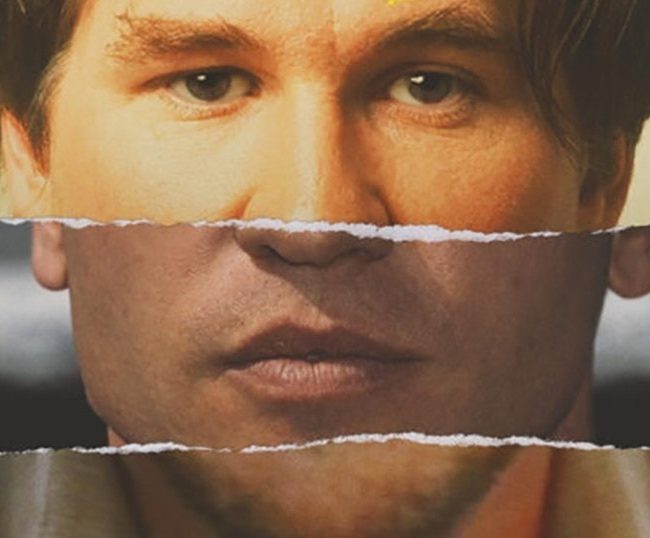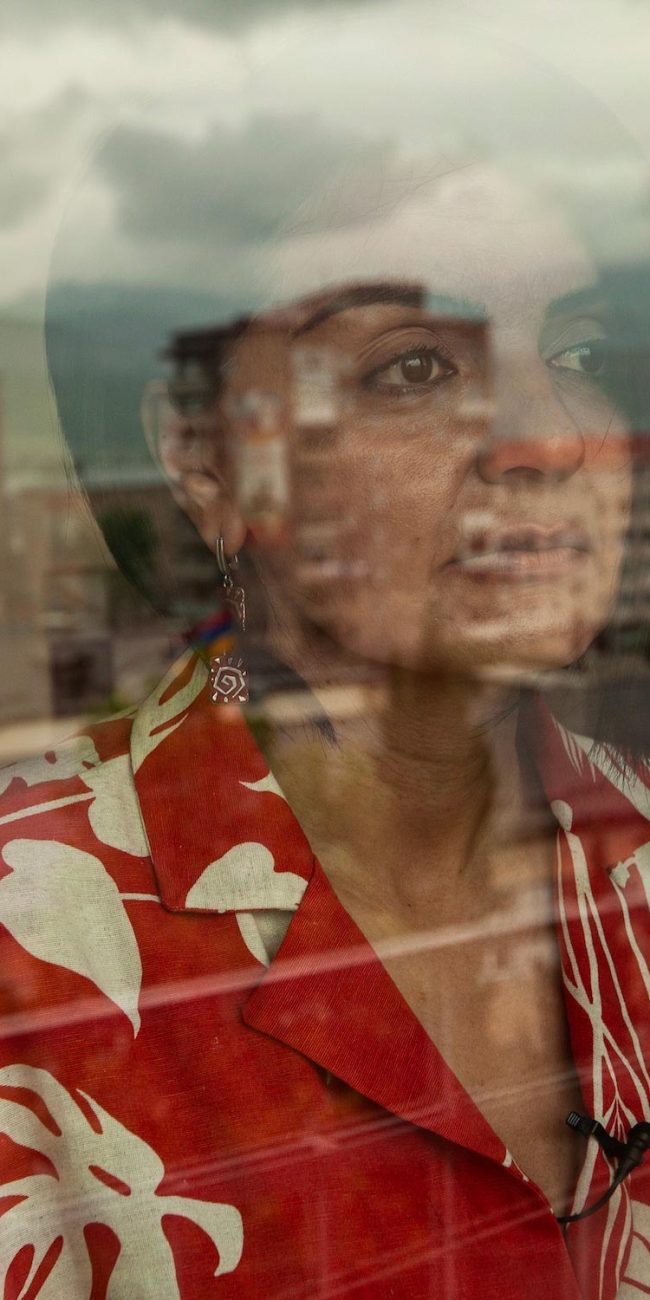PLASTIC CHINA

(The 2017 Sundance Film Festival kicked off on January 19 and runs through January 29. The HtN staff has boots on the ground and a crew working hard to review screeners hard like this, Jiu-liang Wang’s moving doc, Plastic China.)
Mounds of plastic abound, out of which the occasional child emerges. We sometimes glimpse a distant world of verdant fields, but for the denizens of this small family-run recycling factory in the heart of China, plastic is the way of life. From an opening title card we learn that the country is the leading importer of plastic waste from Japan, Korea, Europe and the United States, and for not-quite thirty-something Kun, who owns and runs the place, converting that plastic into something else (mostly pellets for future use) is his ticket to a better standard of living than that of his parents’ generation. He hates the work, but repeatedly tells us that, as an unskilled laborer from a farming background, he has no other options. Despite his complaints, however, he and his wife do well enough to send their only child, a son, to the local school.
Such is not the case for Peng, Kun’s employee, who lives on the site, as well, with his many children (which surprised me, given China’s only recently phased-out “one-child policy“). An alcoholic, he can’t hold on to what little money Kun pays him to send his own offspring to school, and so they while away their days helping in the factory and playing in the plastic piles. It’s a discouraging sight, especially since Yi-Jie, the eldest, is a bright 11-year-old girl who grows increasingly depressed as the film progresses. Her prospects look bleak, as do those of her siblings. It’s a hardscrabble existence for all, though Kun dreams of bigger things, despite his own undiagnosed health problems. Given the environment, filled with the smoke of burning plastic, it’s a wonder he, or anyone else, is still alive.
Still, this is what they do, and director Jiu-liang Wang (Beijing Besieged by Waste), who also shoots the film, is careful to remain as much as possible in the background (though his subjects acknowledge him upon occasion), allowing the camera to capture the action without overt editorializing. As an observational documentary, Plastic China is a marvel of storytelling restraint. It is not, however, without moving emotional content. Young Yi-Jie’s face says more than any voiceover narration, as do the cutaways to smoke and refuse. Beyond the family drama, Plastic China offers a sharp critique of global capitalism: trickle-down economics as its most explicit. It’s a vicious plastic ring.
– Christopher Llewellyn Reed (@ChrisReedFilm)











